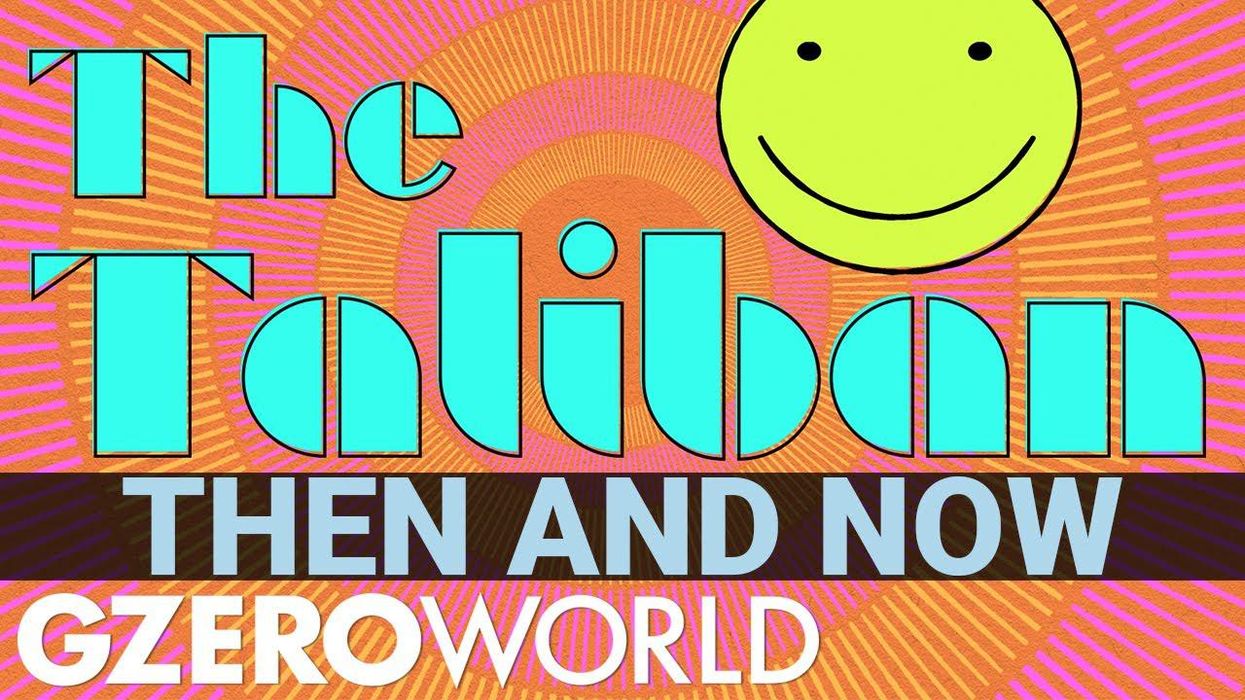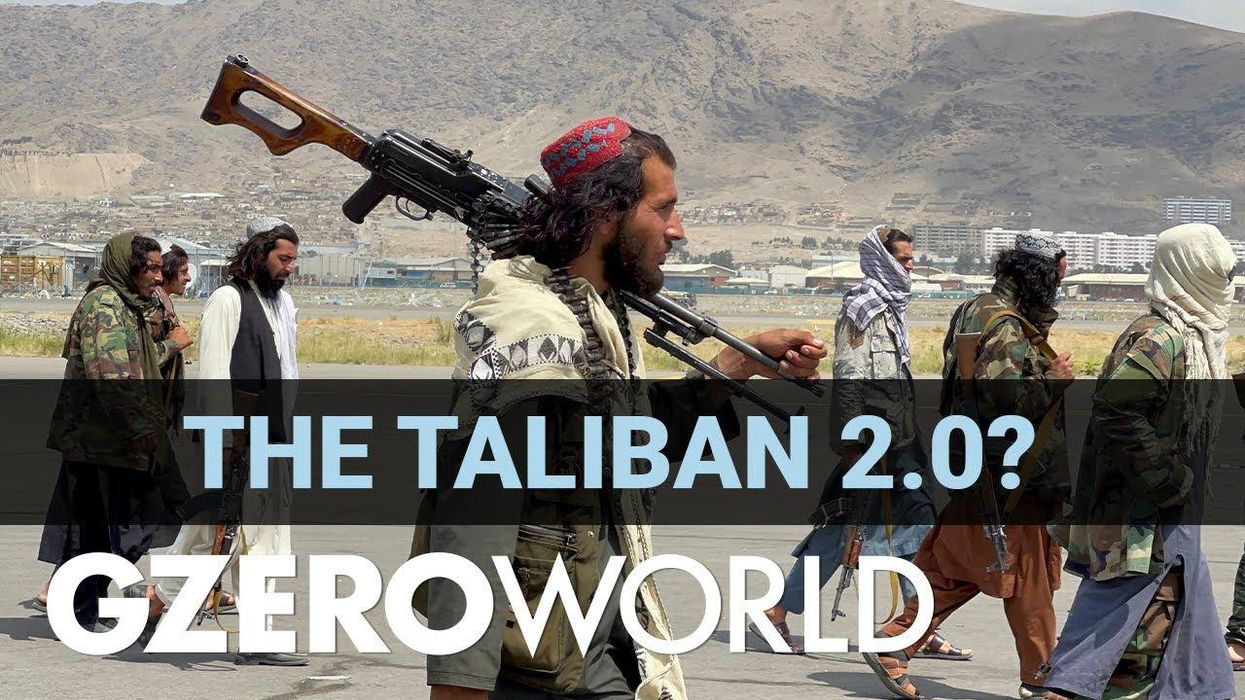GZERO World Clips
Has the Taliban changed since the 1990’s?
The Taliban regained total control of the country, a militant group that claims to have reformed. Recently, the Taliban has even tried to show a softer side, perhaps to contrast the barbaric scenes from the last time they were in control from 1996 until 2001.
Dec 09, 2021


